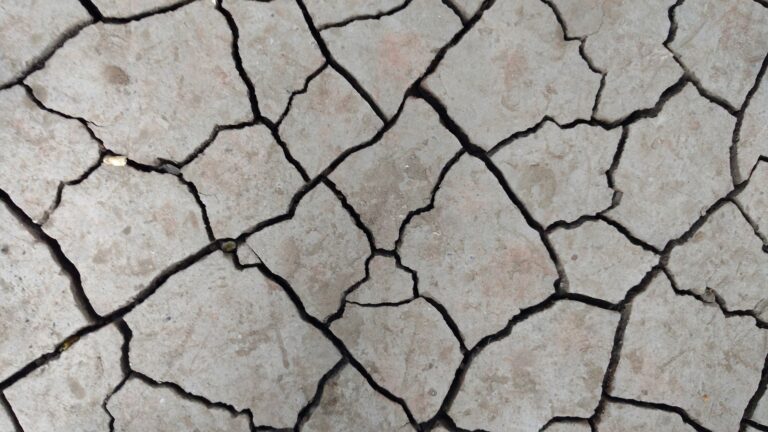A new study has revealed that so-called ‘slow slip’ or ‘silent’ earthquakes behave much more like regular earthquakes than previously believed. The study by the California Institute of Technology (Caltech) could have major implications for earthquake science, allowing researchers to study these non-destructive events for insights into how regular earthquakes work.
Slow-slip events occur when faults grind very slowly against each other. While they might release the same amount of energy as a magnitude-7.0 earthquake, because the grinding takes place over weeks rather than minutes, and because it occurs deep underground, the effect of these slow-motion events is almost imperceptible at Earth’s surface.
Slow-slip events were only discovered two decades ago when GPS technology became advanced enough to detect these minor shifts in movement. The recentness of their discovery means that much is unknown about them, a problem that is compounded by the difficulty of detecting them, says the study’s lead author Jean-Philippe Avouac, professor of geology and mechanical and civil engineering at Caltech.
“There’s a lot of uncertainty,” Avouac told Science Daily. “You can’t study them using traditional seismological techniques because the signal they create is too faint and gets lost in the noise from human activities as well as from natural geological processes such as ocean waves, rivers, and winds.”
Before Avouac’s group began this study there were not enough documented slow-slip events to determine their scaling properties reliably. Avouac’s team created a signal processing technique to collect data from 350 GPS stations on slow-slip events occurring along the Cascadia Subduction Zone, a plate boundary that stretches from Vancouver Island in Canada to Northern California.
Between 2007 and 2018 they detected more than 40 slow-slip events in this fault line. By studying these events the team was able to characterize certain features of slow-slip quakes. One of the key findings was that slow-slip events follow the same scaling laws as regular earthquakes.
The elastic energy released by regular earthquakes is known to be proportional to the cube of the length of time the earthquake lasts. A previous joint study by the University of Tokyo and University of Stanford in 2007, however, suggested that for slow-slip events the relationship between energy and time was directly proportional.
The Caltech study, published in Nature this month (OCT 23), argues against this, noting that slow-slip events are proportional to the cube of their duration in the same way as regular earthquakes.
This similarity with regular earthquakes means that slow-slip events can be used to shed light on their more destructive counterparts, especially since they occur far more regularly and are therefore easier to study, according to Avouac.



